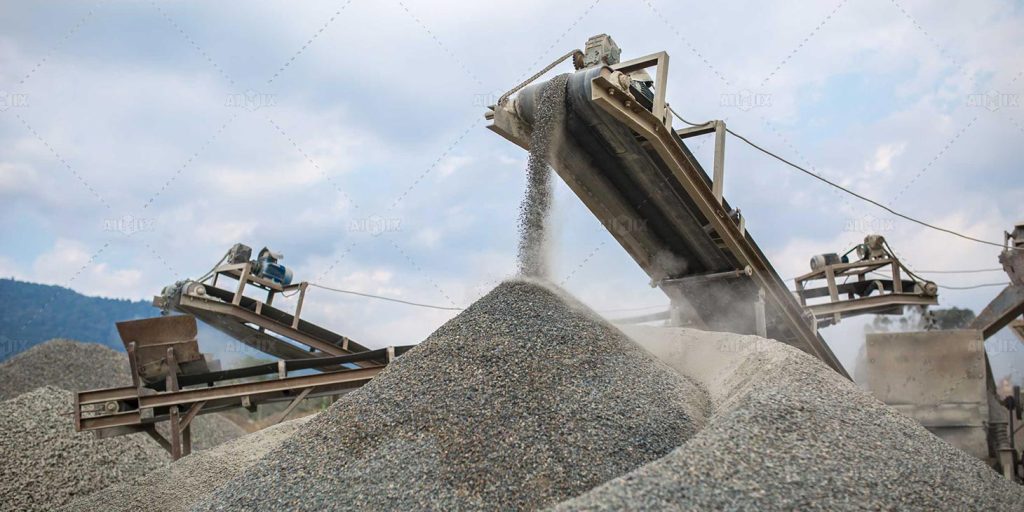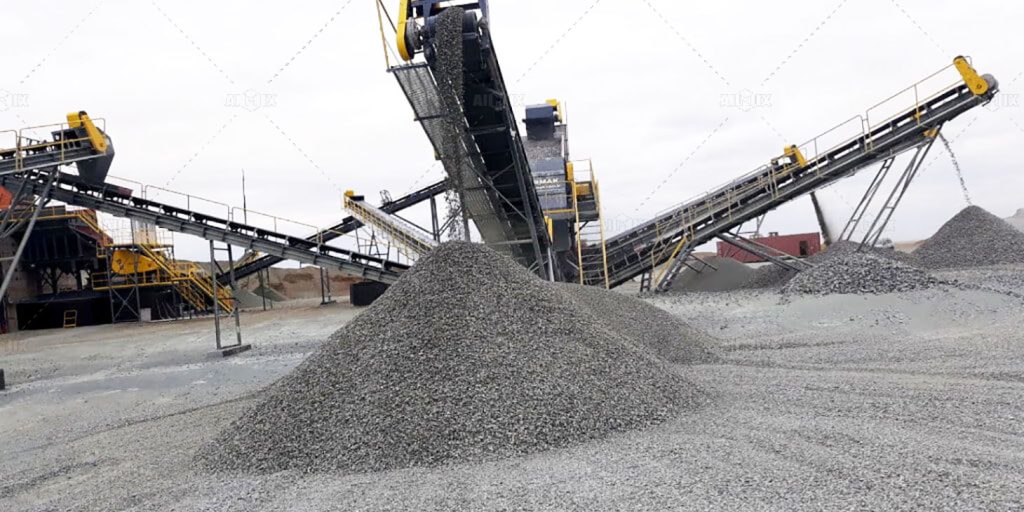The decision to lease or purchase equipment is a crucial consideration for businesses, particularly in industries like mining where capital-intensive machinery is essential for operations. In the context of limestone crushing plants, weighing the pros and cons of leasing and purchasing strategies is paramount. Let’s delve into the intricacies of each approach to understand their implications.
The Pros and Cons of Leasing Limestone Crushing Plants
Leasing limestone crushing plants offers several advantages, yet it also comes with its own set of drawbacks. Understanding these pros and cons is essential for businesses contemplating this approach.
Pros of Leasing Limestone Crushing Plants
Leasing provides businesses with immediate access to limestone crushing plants without the hefty upfront costs associated with purchasing. This allows companies to conserve capital for other essential expenditures, such as personnel training or infrastructure development. Additionally, leasing agreements often include maintenance and servicing provisions, relieving businesses of the burden of limestone crusher plant upkeep. Furthermore, leasing offers flexibility, enabling companies to upgrade to newer models or adjust capacity according to changing operational needs without incurring significant financial penalties.

Cons of Leasing Limestone Crushing Plants
Despite its advantages, leasing limestone crushing plants has its downsides. One notable drawback is the long-term cost implications. While leasing may appear cost-effective in the short term, cumulative lease payments over the equipment’s lifespan may exceed the cost of outright purchase. Additionally, leasing arrangements typically come with stringent contractual obligations and termination fees, limiting businesses’ flexibility and autonomy. Moreover, leased stone crushing machine for sale may lack customization options, leading to suboptimal performance compared to owned machinery tailored to specific operational requirements.
The Pros and Cons of Purchasing Limestone Crushing Plants
Purchasing limestone crushing plants offers distinct advantages and disadvantages that warrant careful consideration before committing to this investment.

Pros of Purchasing Limestone Crushing Plants
Owning limestone crushing plants provides businesses with complete control over the equipment, allowing for greater customization and optimization to suit specific operational needs. Furthermore, purchased machinery represents a tangible asset on the company’s balance sheet, potentially enhancing its overall valuation. Unlike leasing, purchasing eliminates ongoing lease payments, resulting in long-term cost savings. Moreover, owning granite crushing machine offers operational flexibility, enabling businesses to modify or repurpose the machinery as needed without contractual constraints.
Cons of Purchasing Limestone Crushing Plants
While purchasing limestone crushing plants offers numerous advantages, it also poses certain challenges. The most significant drawback is the substantial upfront investment required to acquire the equipment, which may strain the company’s financial resources, particularly for small or emerging businesses. Additionally, ownership entails responsibility for maintenance, repairs, and depreciation costs, which can add up over the equipment’s lifespan. Moreover, technological advancements and evolving industry standards may render purchased machinery obsolete sooner than anticipated, necessitating costly upgrades or replacements to remain competitive.
Conclusion
In summary, the decision to lease or purchase limestone crushing plants hinges on various factors, including financial considerations, operational requirements, and long-term strategic objectives. Leasing offers immediate access to equipment with minimal upfront costs and maintenance responsibilities but may entail higher long-term expenses and limited flexibility. Find best equipment in AIMIX’s website: https://aimixglobal.com/.
Conversely, purchasing provides businesses with full ownership, customization options, and long-term cost savings but requires a significant upfront investment and ongoing maintenance obligations. Ultimately, companies must weigh the pros and cons of each approach carefully and align their decision with their unique business needs and objectives to make informed and prudent choices.
